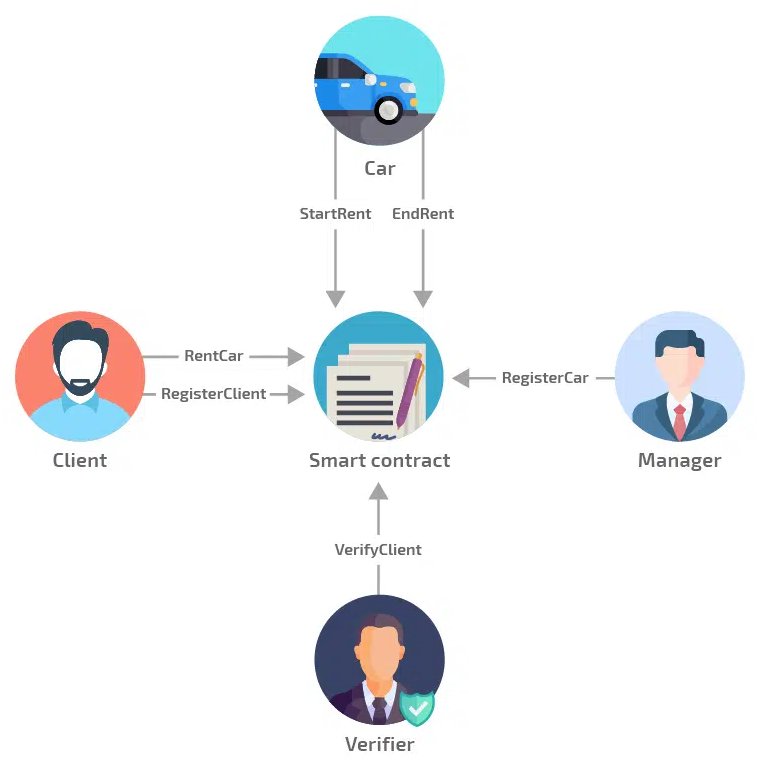
A Look at Peer-to-Peer Carpooling with Blockchain
Disrupting the Ride
Carpooling has become an increasingly popular way to reduce traffic congestion, split gas costs, and lessen our environmental impact. However, many current carpooling platforms are centralized, controlled by a single company. This can lead to privacy concerns, as user data is concentrated in one place.
Here’s where blockchain technology steps in, offering a potential solution for a more secure and user-centric carpooling experience.
Blockchain is a distributed ledger technology that allows for secure, transparent, and tamper-proof record-keeping. By leveraging blockchain, we can create peer-to-peer (P2P) carpooling applications that connect riders and drivers directly, eliminating the need for a central authority.
Imagine a carpooling app built on a blockchain platform. Here’s how it might work:
- Smart Contracts Take the Wheel: Instead of relying on a company to manage transactions, smart contracts, self-executing agreements stored on the blockchain, can handle ride bookings and payments automatically. This ensures trust and transparency for both parties.
- Privacy in the Driver’s Seat: User data can be stored securely on the blockchain, with riders and drivers able to control what information they share. This reduces the risk of privacy breaches that can occur with centralized platforms.
- Building Trust One Ride at a Time: The blockchain can also be used to create a reputation system. Riders and drivers can rate each other’s experiences, fostering trust and accountability within the community.
We have the source code focusing on car rentals using smart contracts, it paves the way for similar applications in carpooling:
https://github.com/vivekrj0/AutoChain](https://github.com/vivekrj0/AutoChain
Several other blockchain-based carpooling projects are already in development, showcasing the potential of this technology.
These projects utilize features like:
- Matching Algorithms: Blockchain can power algorithms that efficiently match riders with compatible drivers based on factors like location, destination, and travel time.
- Secure Payments: Cryptocurrencies or tokens built on the blockchain can facilitate seamless and secure payments directly between riders and drivers.
While P2P carpooling with blockchain is still in its early stages, it holds immense promise for the future of ride-sharing. By prioritizing user privacy, fostering trust, and creating a more secure environment, blockchain technology could revolutionize the way we carpool, making it a more attractive and convenient option for everyone.
However, challenges remain:
- Scalability: Blockchain platforms need to scale efficiently to handle a large number of users.
- Regulation: Clear regulations are needed to govern the use of blockchain in carpooling applications.
- User Adoption: Encouraging widespread adoption of this new technology will be crucial for its success.
Despite these hurdles, P2P carpooling powered by blockchain has the potential to disrupt the ride-sharing industry, offering a more secure, transparent, and user-friendly experience for everyone.**
